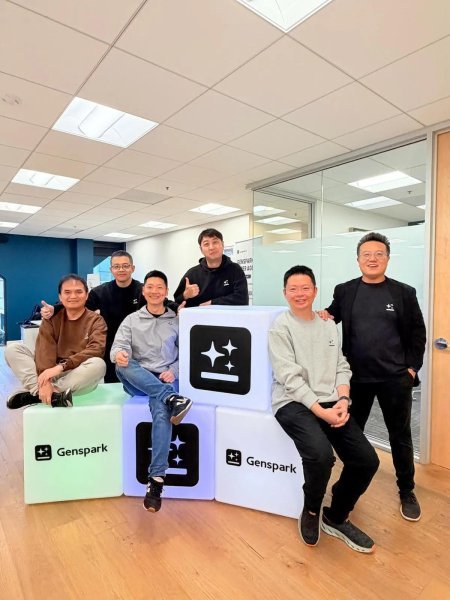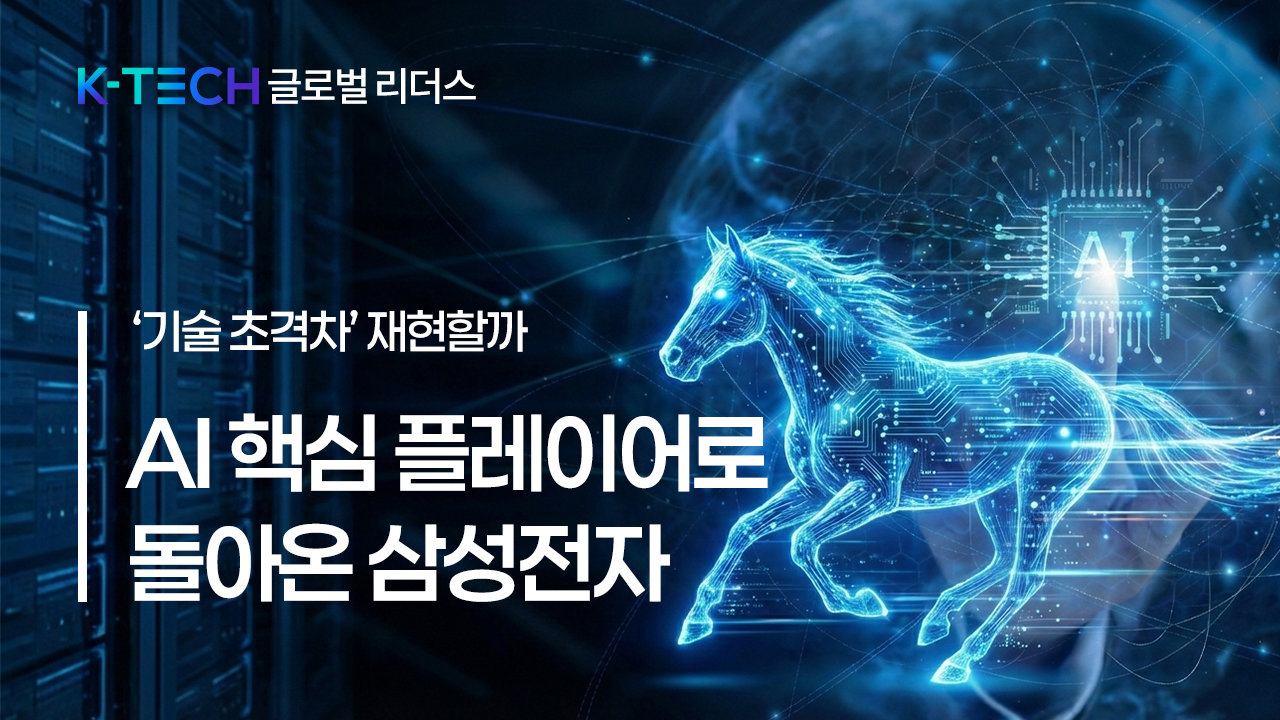
Medical / Drug Development
KAIST's KRW 780 Billion Epilepsy Drug Export to Italy
Dong-A Ilbo |
Updated 2025.10.09
Provided by KAIST
KAIST has successfully achieved a global technology export deal worth KRW 780 billion. On the 9th, KAIST announced that Sobagen, a faculty startup founded by Professor Lee Jung-ho of the Graduate School of Medical Science and Engineering, has transferred technology for a new drug candidate aimed at treating intractable epilepsy to the Italian pharmaceutical company Angelini Pharma. The total contract value is USD 550 million (approximately KRW 780 billion).
The transferred technology involves an RNA therapeutic candidate targeting the mutant gene 'MTOR', identified as a cause of epilepsy. Epilepsy is a disorder characterized by temporary abnormalities in brain nerve cells, leading to symptoms such as seizures and behavioral changes. Although various treatments such as medication and surgery are used, MTOR mutations are predominantly found in patients with low drug efficacy. The transferred substance is expected to offer new treatment possibilities for such patients.
This achievement is significant as it demonstrates the progression of Professor Lee's team's basic medical science research into the development of an actual therapeutic candidate and further into global technology transfer. In 2015, Professor Lee's team was the first in the world to identify that the cause of fatal brain diseases, such as intractable epilepsy and malignant brain tumors, is an acquired mutation in brain stem cells, publishing their findings in the international journal 'Nature'. Based on this research, they developed the new drug candidate in collaboration with Park Chul-won, CEO of Sobagen.
Professor Lee, a 'physician-scientist' who conducts basic science research while practicing medicine, stated, "While domestic medical schools focus on patient care, KAIST has a research culture that emphasizes innovation and industrialization, enabling us to achieve both basic research and new drug technology export simultaneously."
Choi Ji-won
AI-translated with ChatGPT. Provided as is; original Korean text prevails.
ⓒ dongA.com. All rights reserved. Reproduction, redistribution, or use for AI training prohibited.
Popular News











